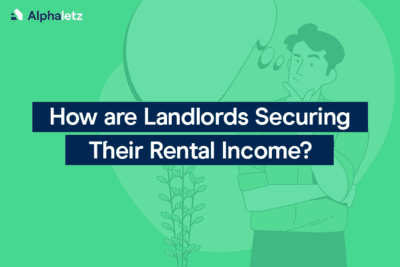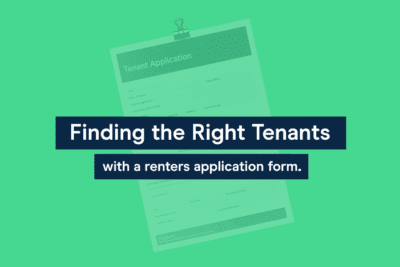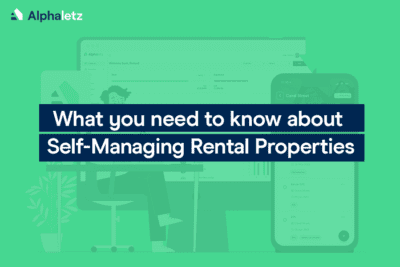Section 21 Notice – or the ‘no fault given notice’ is set to be abolished. We talk with Pete Littlewood from iHowz to talk about the impacts this has.
Meet The Experts Episode #3
We caught up with Pete recently to talk about his published whitepaper in response to the government’s whitepaper on the Private Renting Sector, which can be read here.
Pete talks about his response to the government whitepaper and what iHowz calls for the government to action. Read the blog below for more info.
What is your whitepaper about?
“Right, well… Our whitepaper is actually a response to the government whitepaper they’d put out around the Middle of June. I can’t remember the exact date.
To summarise, the whitepaper contains the government’s views on the private renting sector, and in our opinion, it’s purely political. Originally, we were told the whitepaper wouldn’t
be released until the end of 2022, potentially Spring of 2023. 2 weeks later, it suddenly appears.

.Since the whitepaper released, we’ve had a complete rehash of politicians.
We no longer have a housing secretary or a housing minister, instead, we’re given temporary replacements who’s positions could be secured or replaced whenever the new PM is appointed.”
The abolition of the Section 21 Notice
Our headline piece in the whitepaper is what people have been talking about for some while. The abolition of the Section 21 eviction notice, or what we call the ‘No Fault Given Notice.’
Because, generally, there is a reason that Landlords utilise Section 21 notices. And let’s be frank. The main reason why it is actually used is because the Section 8 notice is more complex.
With a Section 8, you need a ground to be able to use it. Luckily, the whitepaper discusses the potential reformation of the Section 8 eviction notice “to make the grounds work better.”

So, onto the main topic. Doing away with the Section 21.
Our main thoughts on this is that the courts would need a total re-hash in order to make this work. Courts currently struggle with the existing volume of Section 8 notices.
If you get rid of the Section 21? There’s going to be too many Section 8 notices for the courts to handle.
The difference between a Section 21 notice and a Section 8 notice?
“The important thing to note here is that both Section 21s and Section 8s are indeed notices to quit. What most Landlords don’t actually realise is only 2 people can end a tenancy.
The tenant, or the courts.
A Landlord cannot cease a tenancy, however, they can ask for it to be ceased.
If a notice to quit is executed correctly and the tenant fails to vacate, the Landlord will have to go to court and get a court order.

Now, the difference between a Section 21 and a Section 8 is that a Section 21 is much easier to use. There’s only a few things to fill in and they can be carried out promptly as long as the Landlord has done certain things (provided the right legal documentation, etc.)
The Section 8 is a different animal. There’s 19 grounds that are currently available to use. The main ones that people do know is to do with rent arrears.
The notices on both also vary, too. With a Section 21, the notice period is 2 months. With a Section 8, it varies. For example, for rent arrears, it’s 2 weeks. For anti-social behaviour, if you can prove it, it’s immediate.”
We’ve also written a comprehensive blog detailing the difference between a Section 21 & 8 that you can also read here.
Property Management Software for Landlords
Alphaletz is a versatile & innovative cloud-based property management platform that’s incredibly easy to use and adopt by Landlords of all ages.
Our platform is comprised full of handy features that can benefit Landlords massively regardless of portfolio size.
All you need to do is add a property to Alphaletz.
From there, you can manage the tenancy from a top-down perspective as well as the task management aspect of your property portfolio, helping you stay compliant and penalty free.
A free, lifetime trial for all readers of this article.
Take the opportunity to get started with Alphaletz by clicking the button below!




